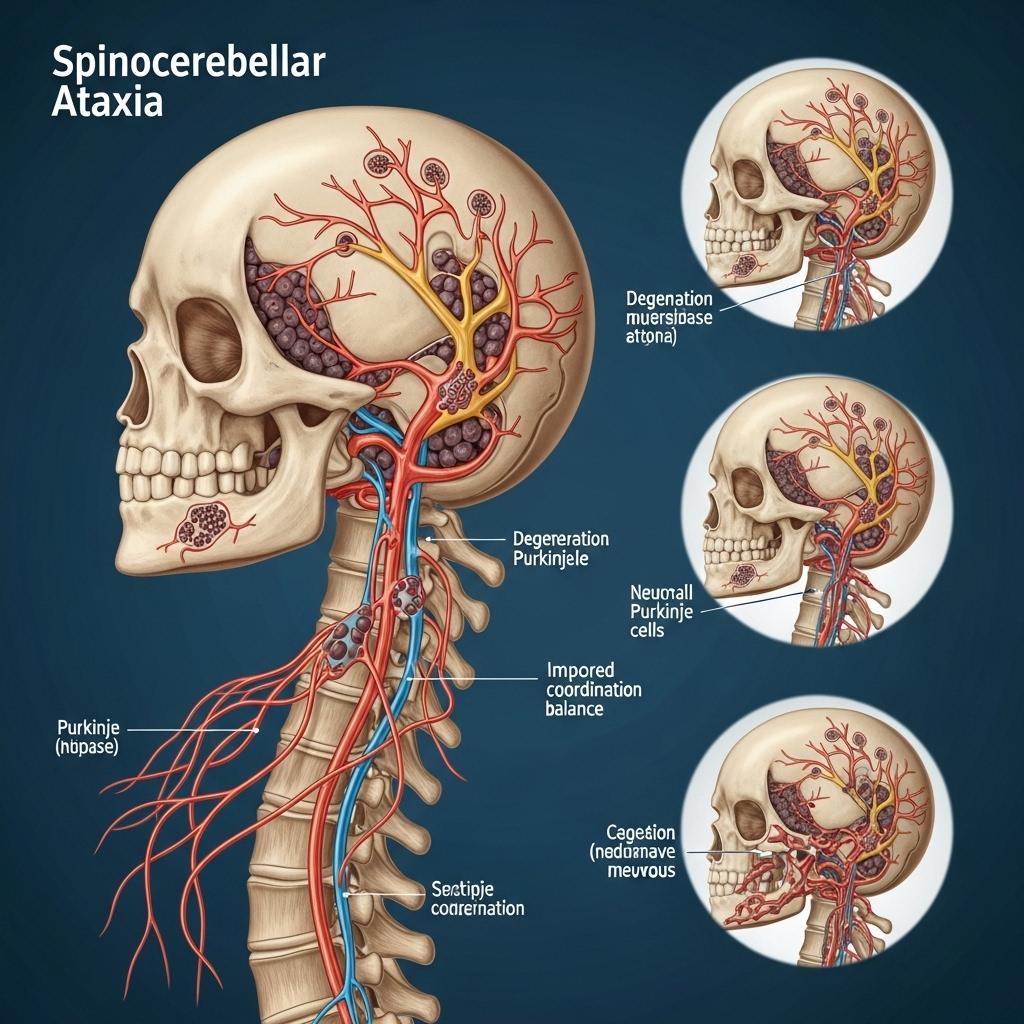The MECP2 Mutation: A Genetic Target in Rett Syndrome Therapy

Rett Syndrome (RTT) is a rare, genetic neurodevelopmental condition that predominantly affects females and leads to severe cognitive, motor, and communicative impairments. Although initially mistaken for autism or cerebral palsy, RTT is now recognized as a distinct X-linked dominant disorder typically caused by mutations in the MECP2 gene. The disease follows a characteristic developmental regression, where children lose previously acquired skills, most notably purposeful hand use and spoken language.
With no curative therapy available, Rett Syndrome represents a critical area of unmet medical need in pediatric neurology. Yet, recent advances in genetics, disease modeling, and therapeutic targeting are transforming the future of care for RTT.
Request a sample copy of the CI report at: https://www.datamintelligence.com/strategic-insights/sample/rett-syndrome
Clinical Features and Disease Stages
Rett Syndrome symptoms usually appear after a period of apparently normal early growth and development.
The condition evolves through four clinical stages:
1. Early Onset (6–18 months): Subtle delays in development, poor eye contact, reduced interest in toys.
2. Rapid Regression (1–4 years): Loss of hand skills and language; appearance of repetitive hand movements (wringing, clapping), gait abnormalities.
3. Plateau Phase (Preschool to school years): Stabilization of symptoms, though motor and cognitive impairments persist.
4. Late Motor Deterioration (Adolescence to adulthood): Increased scoliosis, rigidity, and reduced mobility, but with preserved social engagement.
Additional features include seizures, breathing irregularities (hyperventilation, apnea), scoliosis, cardiac arrhythmias (particularly prolonged QT interval), gastrointestinal dysmotility, and growth retardation.
Genetic Diagnosis and Counseling
Approximately 95% of classic RTT cases are caused by de novo mutations in the MECP2 gene located on the *** chromosome. Genetic testing confirms diagnosis and helps differentiate classic RTT from atypical or variant forms caused by mutations in CDKL5 or FOXG1.
Genetic counseling is essential for families, particularly in sporadic cases, to understand recurrence risks and emerging reproductive technologies such as preimplantation genetic diagnosis (PGD).
Current Management Approaches
While there is no cure, RTT care focuses on symptom management, functional improvement, and quality of life through a multidisciplinary team.
This typically includes:
* Neurology: Seizure control with anticonvulsants
* Orthopedics: Management of scoliosis and contractures
* Physical and occupational therapy: To maintain mobility and reduce spasticity
* Speech therapy: Focused on augmentative and alternative communication (AAC)
* Cardiology and pulmonology: Monitoring for QT prolongation and breathing irregularities
Nutrition: Management of feeding difficulties and growth
Caregiver support, behavioral strategies, and educational accommodations are crucial due to the high physical and emotional burden on families.
Therapeutic Advances: Gene-Targeted and Disease-Modifying Research
Rett Syndrome is now at the forefront of genetic medicine, with promising investigational therapies:
1. Gene therapy: Preclinical studies using AAV vectors to restore MECP2 expression have shown efficacy in animal models.
2. RNA editing and MECP2 reactivation: Emerging technologies are being explored to correct or bypass mutations.
3. Trofinetide: A synthetic ***g of IGF-1, approved by the U.S. FDA in 2023 for Rett Syndrome, targets neuroinflammation and synaptic dysfunction. It is the first and only approved therapy for RTT.
4. NNZ-2591 and Anave*** 2-73: Other compounds in clinical trials with neuroprotective and modulatory mechanisms.
Ongoing trials and registries, such as Rett Syndrome Global Registry and TRIALS-Rett, aim to better define natural history and facilitate therapeutic development.
Unmet Needs and Global Access Challenges
Despite progress, significant challenges remain:
Limited awareness in primary care settings leads to delayed diagnosis.
Access to specialized RTT clinics is often centralized in urban areas.
Most therapies target symptom relief, not disease reversal.
Long-term data on the safety and efficacy of emerging ***s are still evolving.
Read the full CI Insights report: https://www.datamintelligence.com/strategic-insights/rett-syndrome
Outlook: From Diagnosis to Hope
The outlook for patients with Rett Syndrome is improving as translational science bridges the gap between gene discovery and clinical impact. Families once told to expect regression now have reason to hope, with disease-modifying treatments entering the clinical landscape. Integrating early intervention, caregiver support, and future curative therapies can reshape the lifelong journey of Rett Syndrome.
About DataM Intelligence
DataM Intelligence 4Market Research LLP delivers real-time competitive intelligence across autoimmune, immunologic, and rare disease spaces. Our insights span clinical pipelines, regulatory benchmarks, and commercialization strategies for stakeholders in global life sciences.
🔗 Visit: www.datamintelligence.com
- Art
- Causes
- Crafts
- Dance
- Drinks
- Film
- Fitness
- Food
- Oyunlar
- Gardening
- Health
- Home
- Literature
- Music
- Networking
- Other
- Party
- Religion
- Shopping
- Sports
- Theater
- Wellness


